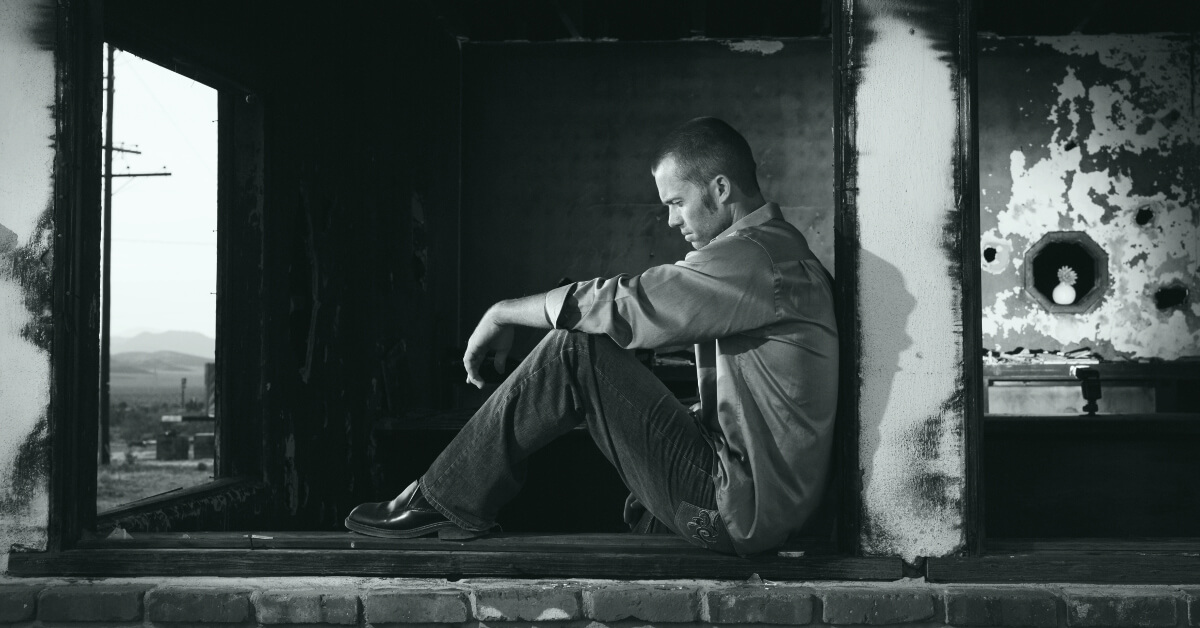Why does God’s world contain pain and suffering? If there is a more challenging, painful question in Christian apologetics, I don’t know what it is. It is viscerally compelling for anyone who has ever suffered a loss, or watched another do so (which would be all of us). And it is logically compelling as well; why would an all-knowing, all-powerful, loving deity allow the sort of sadness and pain we see around us?
Ultimately, the best and most complete answer to the problem of pain comes at the cross, where our Father, as he so often does, answers us with a picture rather than a treatise. God may not fully explain why he permits evil to burn through his creation, but two thousand years ago he stepped into those flames with us and gathered the coals into his own arms. The mutilated hands and feet of the Son of God do not explain why suffering is permitted, but they do promise that there is a sufficient reason. And the empty tomb he left behind promises something else as well: an ultimate end for every sort of evil, whatever the reasons for its existence today. Like Job, the Bible’s other great picture-answer for suffering, the cross calls us to trust even when we cannot fully explain.
But our inability to comprehensively explain the problem of evil does not mean we are without any answers at all. In fact, the Bible offers many pieces of an explanation which may be too deep and multifaceted for us to grasp in its totality. Today I want to explore just one of those partial explanations.


